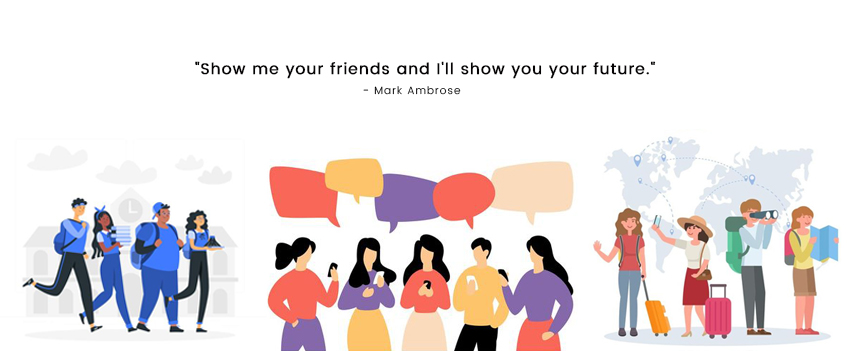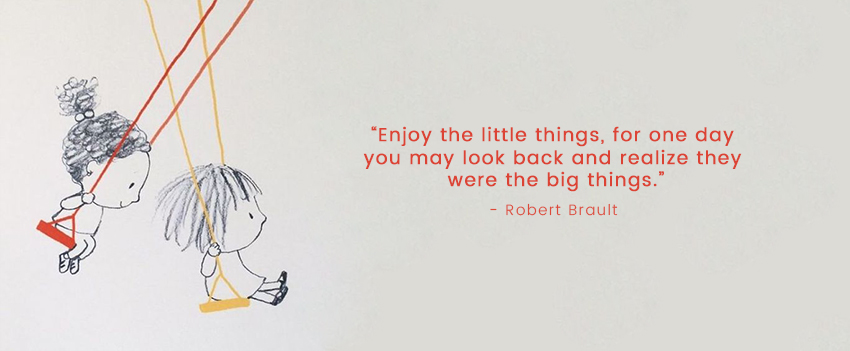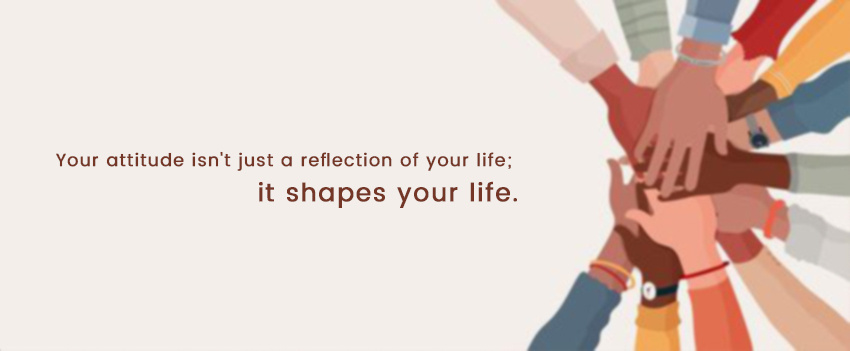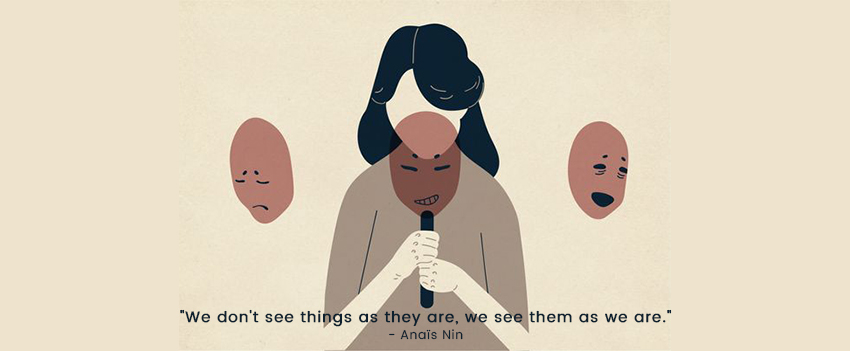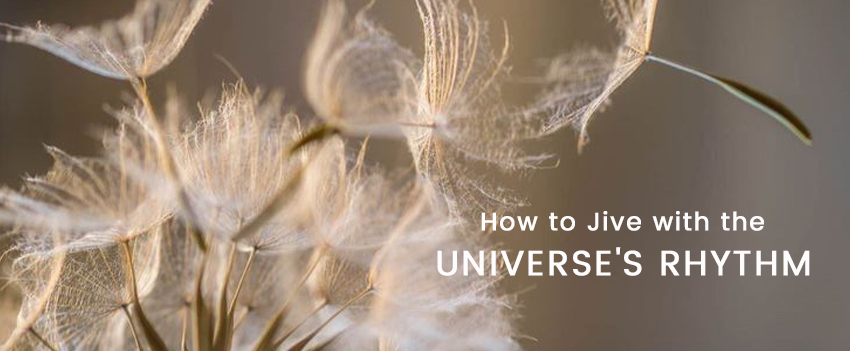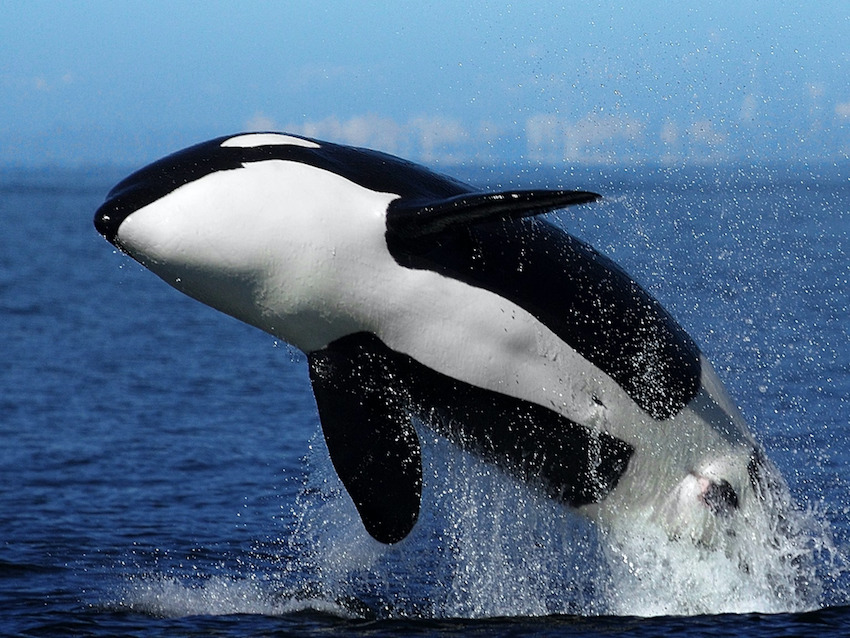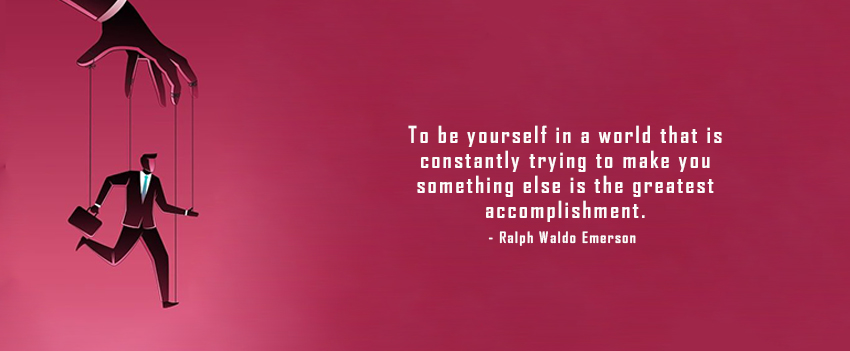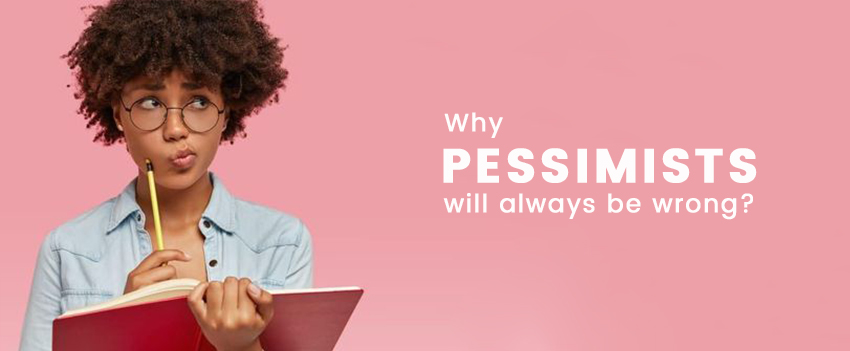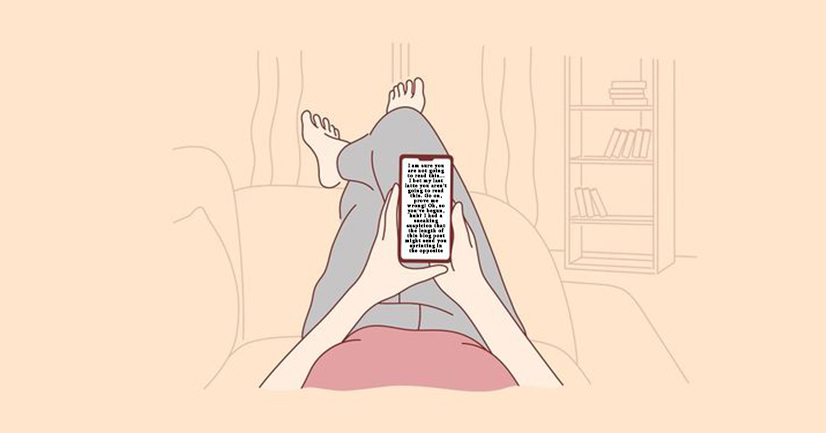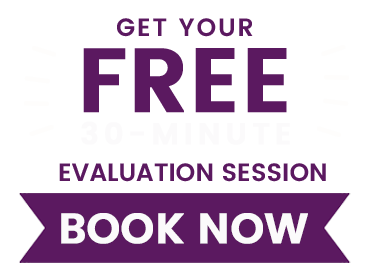Ah, emotions! Those pesky, unpredictable, often misunderstood elements of our human experience. They can be as unpredictable as a weather forecast in April – sunny one moment and a downpour the next. Even though we often pride ourselves on being rational beings, the truth is, that our emotions often steer the ship of our lives, leading us into uncharted waters. A staggering 85% of people admit struggling with understanding and managing their emotions. However, research shows that people who effectively manage their emotions have better mental health, stronger relationships, and improved decision-making skills. Understanding and managing our emotions isn't just about feeling better; it's about unlocking a more fulfilling, healthy life. Recognizing the power and impact of emotions is the first step in mastering them, a journey that's both challenging and rewarding.
In a world where chaos seems to reign, there exists a surprisingly orderly principle. Imagine life as an echo chamber. What you send out reverberates back to you. This is the Law of Cause and Effect, a principle so profound yet often overlooked. While life appears unpredictable, our thoughts, words, and actions have a predictable impact, creating echoes that shape our reality. Many of us believe in luck, attributing our fortunes to chance and our misfortunes to bad breaks. There is no cosmic roll of the dice, no series of coincidences; it's the universe's way of saying, "What goes around, comes around." This Law holds the key to understanding the intricate dance between our choices and their outcomes, guiding us in navigating life's complexities.
Our world is caught in a frenzied dance. From the towering skyscrapers that flirt with the skies to the metropolises that refuse to take a siesta, the Western world is a powerhouse of ambition. Just glance toward history, and you'll find the West continually tipping its hat to the idea of action. You've got the American Dream, where, with a sprinkle of determination, a dash of hard work, and that elusive pinch of luck, anyone can rise to stardom.
Let's face it, changing habits is tough. Whether it's that extra cup of coffee we know we don't need or the snooze button we hit one too many times. But what if I told you that these habits, seemingly insignificant, are the invisible architects of our daily lives? They're like the background music in a movie – you don't always notice them, but they set the entire tone. What if changing a single habit could change your life? Here lies the paradox: the smallest, most routine parts of our day hold the key to transformative change. This journey into the realm of habits is not just about altering actions; it's about reshaping your life. Understanding and modifying habits is not a fancy self-improvement fad; it's a fundamental stride toward the life we yearn for. This is the story of how changing habits isn't just a choice but a defining moment in shaping your destiny.
"Did you ever think of life as a grand hotel where our souls have checked in for a while? Before you jump and tell me I’ve had too much caffeine, let me explain."
The vastness of the universe whispers to us, hinting that we are more than just skin and bones. Dive deeper, and you’ll stumble upon a refreshing thought: We are not human beings striving for a spiritual glint; we are, indeed, spiritual beings diving into a human splash! The very essence of us – the soul – is on a vacation in the body. With ancient wisdom and religious teachings echoing the same sentiment, the relevance of this topic goes beyond mere philosophical pondering; it forms the very foundation of our existence and understanding of life.
Okay, so you’ve stumbled upon a word that seems to be making quite a buzz lately: Ikigai. Sounds like a fancy new sushi roll, right? Well, hold on to your wasabi, because it’s not. In a world where we're constantly urged to specialize, to find our "niche", the idea of balancing passion, profession, vocation, and love might seem counterintuitive. Yet, it is this delicate balance, captured by the term Ikigai, that has held the secret to holistic well-being for many.
Imagine two jars. One brimming with shiny gold coins and the other, radiating with memories of sunsets, heartbeats, and misadventures. The former, representing the fruits of your job, is tangible, often heavy, while the latter, embodying your adventures, is intangible yet profound, filling your soul. Ever noticed how nobody ever talks about that one time they faxed a document? But give them a tale of an unexpected journey, and they'll narrate it for ages! So, while jobs might provide material comfort, it's adventures that make us feel alive.
Ah, multitasking! The alluring dance of the modern individual, attempting to juggle five balls while riding a unicycle and playing the violin. We’ve all been there, haven’t we? Thinking, “If I just do more, surely it will lead me down the golden path of success and happiness.” The romantic allure of multitasking, promises us better lifestyles, more money, and that intoxicating feeling of accomplishment. However, it's like believing that owning more cats will make you feel less lonely, but instead, you end up with scratched furniture and an empty fish tank. In a world that glorifies doing more, it's ironic that doing less — or rather, doing one thing at a time — might be the true path to efficiency. Let’s dive into this enticing but treacherous world of multitasking, shall we?
Water. The substance that covers most of our planet. It's quiet, it’s patient, and if you've never paused to consider it, it’s insanely powerful. There's something utterly captivating about water. You've seen it—the manner in which a river gracefully carves its path, never hurried, yet always reaching its intended haven. It doesn't confront obstacles with ferocity; instead, it merely flows around, under, or over them. If water could chuckle, I imagine it would have a good laugh at our human insistence on using sheer force to get where we need to go.
Imagine a world where every child, regardless of where they come from, brims with ideas so vast, so deep, and so broad, that our current reality seems like an old black-and-white photograph compared to their Technicolor dreams. And now, brace yourself for a little chuckle, and possibly a few eye rolls – these children are us. Or rather, they were.
While it's true that no one ever said life was easy, few of us are prepared for the gut-wrenching pain of emotional loss and heartbreak. The journey to heal isn't just a path but a rugged terrain that challenges our resilience and willpower. In exploring the intricacies of emotional healing, we not only confront our deepest fears but also discover our greatest strengths. This exploration is crucial, for it's in our most vulnerable moments that we learn the most about ourselves and the world around us. The process of healing, though fraught with pain, is a testament to the human spirit's indomitable will to persevere and grow.
Let's have a little heart-to-heart, shall we? You see, there's this rather peculiar notion floating around that empathy is the love child of femininity and weakness. It's as if someone, somewhere, decreed that to be rational is to be strong, while empathy is the weaker sibling, always in the shadows, perhaps doodling hearts in a diary. Now, while doodling hearts is an honorable pastime (I've done it myself), this perspective on empathy couldn't be further from the truth.
Have you ever had one of those lightning bolt moments? You know, when an external force, like a compelling book, a powerful speech, or even a simple chat over coffee with an old friend suddenly ignites a fire inside you? "This is it! I'm going to do it!" you declare, fuelled by the raw power of motivation. But then, fast forward a few days, and that blazing fire of motivation has been reduced to a smoldering wick. Sounds familiar, doesn't it?
Fear is not your enemy, it is your compass. It points to the areas where we must venture if we are to evolve. The dark corners of ourselves awaiting light, the unchartered terrains beckoning our spirit. It nudges us toward the gaps of our being, urging, “Come, fill me with life.” Fear is the indicator of the unfinished, the unexplored, the not yet achieved, and the adventures we need to undertake.
Ah, the 'apocalypse.' How this term has been misinterpreted over the years! If you grew up watching Hollywood movies or reading dystopian fiction, you probably associate 'apocalypse' with zombies, collapsing skyscrapers or massive asteroids threatening to decimate the Earth. The irony is that the word doesn't mean "the end of the world." Nope, sorry, Hollywood. The word 'apocalypse' has a Greek origin, meaning "to uncover" or "to reveal." It's a revelation, folks! Let’s explore how we're currently living through this paradoxical apocalypse, witnessing transformations in society and within ourselves. The subject is particularly relevant as it connects to current societal shifts, offering a refreshing perspective on navigating these chaotic times.
"To live is the rarest thing in the world. Most people exist, that is all." - Oscar Wilde
A staggering 75% of people say they frequently pretend to be okay when they're not. Ah, the human condition! It's a rich tapestry of desires, fears, and a constant push-pull between comfort and growth. In our lives, we find ourselves in a perpetual dance on the tightrope of authenticity and façade. But just as a plant must lean toward the light to flourish, you must lean toward your discomfort to grow. Let's take this illuminating journey together into the heart of living on your edge.
Ah, people—God's most intricate puzzles, bound in skin, and drenched in ambiguity. Each person is a mystery novel waiting to be read, or better yet, co-authored. We've all had run-ins with humans who were about as uplifting as a sack of bricks tied to your ankle while you're trying to swim. It’s not fun; in fact, it’s downright exhausting. In contrast, there are also people who inspire you so much that their very presence feels like sipping an espresso for the soul. "Awake yet?" they ask, and you can’t help but nod vigorously, “Oh, absolutely!"
"In the beginning was the Word..." That's not just an eloquent way to kick off a sacred text; it's an ode to the primal, transformative power of language itself. Now, let's take a seat in the unconventional classroom of life where the syllabus doesn't involve mere rote learning of alphabets and vocabulary. Instead, it's about tapping into the creative force of the spoken word—a tool so potent it can change your life and, wait for it... even alter the fabric of reality.
Okay, I'll admit it—change can be frightening. You're used to your comfort zone, your safe bubble where predictability is king. But what if I told you that change—real, internal change—can be the most rewarding adventure of your life?
Change is the only constant, yet it's the thing we resist the most. But what does it mean to change? It's more than a new haircut. Change, real change, transforms your very core, reshaping who you are and how you interact with the world. So let's embark on this exhilarating journey together, where the ultimate destination is a "new you"—a version that’s not just an update, but an upgrade.
Let's talk about a sentence so straightforward, yet so profound it makes Buddha's one-liners look like meandering poetry: "Be guided by spirit, not driven by ego." Ah, easy to say, but it's like telling a fish not to swim or a bird not to tweet. But hold onto your philosophical hats because this line, my friends, is your Golden Ticket to the Chocolate Factory of enlightenment, mastery, and what some would call the "good life."
“Enjoy the little things, for one day you may look back and realize they were the big things.” - Robert Brault
In an age where the world throws jumbo-sized dreams at us, clamoring for monumental successes and impressive feats, one might think, "Isn't life meant to be all about the grandeur?" Now, pull out your humor goggles and put on your perspective hats, because I have news for you: It's not. Well, not always.
Meraki. Just saying it feels like the wind catching the sails of a Grecian boat, doesn't it? Originating from the heart of Greece, the word has a spirit that reverberates beyond the Mediterranean shores. Meraki encapsulates that divine act of pouring a piece of oneself – be it your soul, creativity, or a dab of love – into one's craft. It's not just about clocking in hours at a desk or robotically following a recipe; it's the very act of dousing that desk or dish with your essence. It’s similar to when you order a coffee, expecting a standard brew, and then the barista winks and says, “This one's made with a special touch. On the house.” You sip it, and oh boy, can you taste the difference!
Do you remember those optical illusion books you used to flip through as a child? The ones where, depending on how you looked at them, a rabbit could transform into a duck? Well, turns out, much like those playful images, our perception of the world around us can be quite the trickster. Let’s journey together into the realm of reality and perception, and discover how we can don those reality-altering glasses at will.
It's funny how life likes to throw us curveballs, right when we think we've figured out the game. Picture this: you're standing at the intersection of Destiny Drive and Freewill Avenue. Which way do you go? Are we all part of a cosmic plan, or do we blaze our own trails? It's the age-old tug-of-war between destiny and free will, and let me tell you, it's been going on way longer than those socks you've been forgetting to throw out.
Want more harmony in your day-to-day existence? Need to protect the things you cherish most? Orca, as a Spirit, Totem, and Power Animal, can help! Orca teaches you how to find peace in your inner and outer worlds while helping you keep safe all you value! Delve deeply into Orca symbolism and meaning to find out how this Animal Spirit Guide can guide, educate, and uplift you!
What does it mean to be civilized? Does possessing advanced technologies make us more 'civilized', or does it push us further away from our deep-rooted connections with the Earth, and the symphony of nature? Today, let's delve into a word that's etched on the very DNA of our society: civilization. Let's dissect this term, understand its origin, and examine how it might have led us astray.
Let's admit it, the world seems like it is falling apart, especially if you've been scrolling through your newsfeed lately. But is the world really that grim, or have we simply allowed ourselves to be caught in the pessimism trap?
I bet my last latte you aren't going to read this. Go on, prove me wrong! Oh, so you've begun, huh? I had a sneaking suspicion that the length of this blog post might send you sprinting in the opposite direction. I mean, who has the time for a lengthy read amidst the hustle and bustle of everyday life? Not you, right?
"Just as electricity transformed almost everything 100 years ago, today I actually have a hard time thinking of an industry that I don’t think AI will transform in the next several years." - Andrew Ng
"Who moved my cheese?" That's a question we often ask when faced with change. This is especially true in today's digital era, where A.I technology is rapidly transforming our lives, much like the cheese in the acclaimed book by Spencer Johnson.
It's the year 2035. You wake up not to the buzz of an alarm but to a serene sunrise as your personal AI assistant handles your day's work. You have all the time in the world. Sounds too good to be true? Maybe, but let's ponder on this picture and explore AI's potential to render work for money obsolete.
The possibility of an Artificial Intelligence (AI) dominated future sends shivers down the spines of many. It’s not a scene from a dystopian sci-fi movie; it’s the rapidly approaching reality we're currently staring down. The fear that AI will swallow countless jobs in the coming years is enough to turn one's blood to ice. However, my dear reader, let's stroll down a different avenue, a less traveled route. What if we considered AI the harbinger of an era where humans no longer need to work for money?
In the grand theater of life, change is the only constant. Yet, ironically, it's the subtle changes, the ones that tiptoe into our lives quietly and unannounced, that wield the real power. These unassuming transformations often go unnoticed, but their cumulative impact is astounding. Let's delve into this paradox of change, its emotional triggers, and its far-reaching consequences.
We live under the illusion that to change our life trajectory, it takes significant effort and unshakeable commitment. Some of us are under the impression that we have to sweat, toil, and grind our teeth into the early morning hours, wrestling with our old habits and our routines. We fear change because we expect it to be as explosive as a volcanic eruption or as dramatic as a soap opera finale.







